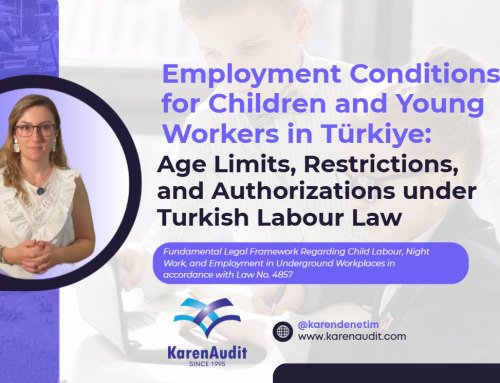October 27, 2022
The Bank of Canada is expected to continue raising interest rates aggressively, according to experts, and some foresee a “technical recession” in the first half of 2023 as a result of the most recent inflation data showing no significant signs of a slowdown.
Although economists had previously predicted a paltry 6.7 percent gain, data released by Statistics Canada on Wednesday shows that the consumer price index (CPI) is up 6.9 percent year-over-year in September.
There is a limit to how much [the Canadian economy] can absorb, according to Jean-Francois Perrault, chief economist of Scotiabank, in an interview with BNN Bloomberg.
“Europe is in a fairly terrible state right now. China is clearly experiencing a severe downturn, potentially so severe that yesterday they opted not to provide economic data for a short period of time. In addition, the Fed has suggested that it wants to hike interest rates far higher in the United States, which will cause a recession there as things there are slowing down.
According to Perrault, these economic pressure points make it harder for Canada to endure recessionary fears, but he also noted that different economic sectors still exhibit a reasonable level of resilience.
You could consider it the economy taking a short-term break, he suggested. “The Bank of Canada is attempting to manipulate the economy’s cooling. It aims to reduce inflation. This deceleration is therefore consistent with that and, as we look to inflation over the next 18 months, potentially helpful from an inflation management viewpoint.
In a letter to clients, Bank of Montreal Chief Economist Douglas Porter noted that despite a significant drop in fuel prices, inflation did not drop as much as predicted last month.
At more than 5%, underlying inflation is still very persistent and tenacious.
A 75 basis-point boost, he continued, is expected due to the Canadian dollar’s weakness and the U.S. Federal Reserve’s anticipated 75 basis-point increase at its upcoming meeting.
Source: CTV News Canada
Legal Notice: The information in this article is intended for information purposes only. It is not intended for professional information purposes specific to a person or an institution. Every institution has different requirements because of its own circumstances even though they bear a resemblance to each other. Consequently, it is your interest to consult on an expert before taking a decision based on information stated in this article and putting into practice. Neither Karen Audit nor related person or institutions are not responsible for any damages or losses that might occur in consequence of the use of the information in this article by private or formal, real or legal person and institutions.






